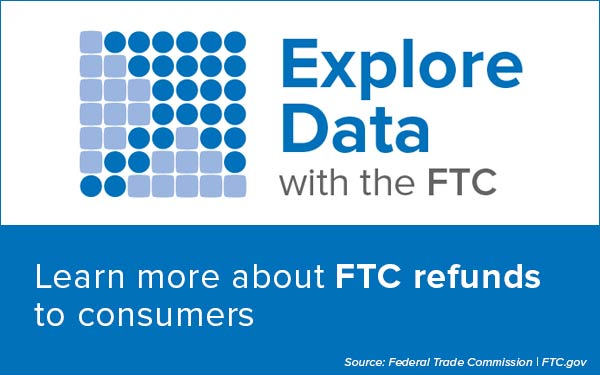The U.S. Federal Trade Commission is sending payments to 244,745 consumers in the U.S. and abroad who were defrauded by the Next-Gen sweepstakes scheme that affected consumers in dozens of countries, including the United States and Canada.
In total, the FTC is returning almost $25 million to affected consumers including many seniors. The FTC is sending:
- 221,687 checks totaling $19,180,753 to U.S. and Canadian consumers;
- 3,516 prepaid Mastercard debit cards totaling $631,322 to consumers in the United Kingdom, which will be hand-delivered by U.K. National Trading Standards, a consumer protection and business safeguards organization; and
- 19,542 letters to consumers in more than 50 different countries explaining how they can claim their payments via PayPal, which total $4,696,242.
The deadline for consumers to cash their checks or claim their PayPal payments is October 17, 2022. Debit cards have a two-year expiration date and can be reissued without charge. Recipients who have questions about their refund should contact the refund administrator, Rust Consulting, at 1-833-721-2728 or 1-612-509-2644 or admin@nextgenrefund.com. The Commission never requires people to pay money or provide account information to get a refund.
The FTC’s 2018 complaint against the Next-Gen defendants, filed jointly with the State of Missouri, charged Kevin Brandes, William Graham, C. Floyd Anderson, and corporations under their control with sending tens of millions of deceptive personalized mailers to consumers around the world since 2013. The defendants’ mailers falsely told recipients they had won or were likely to win a substantial cash prize, as much as $2 million, in exchange for a fee ranging from $9.00 to $139.99. Many consumers, including seniors, paid the defendants several times before realizing they had been scammed, according to the complaint.
The FTC appreciates the support provided in this case by the U.K. National Trading Standards Scams Team and our other international partners. Their assistance contributed to the success of the FTC’s case and helped ensure that victims worldwide benefit from this refund program. The FTC relied on key provisions of the U.S. SAFE WEB Act, which allows the FTC to share information with foreign counterparts to combat deceptive and unfair practices that cross national borders.
The FTC’s interactive dashboards for refund data provide country and state level data about refunds in FTC cases. In 2021, Commission actions led to more than $472 million in refunds to consumers across the country, but these refunds were the result of cases resolved before the U.S. Supreme Court ruled in 2021 that the Commission lacks authority under Section 13(b) to seek monetary relief in federal court going forward. The Commission has urged Congress to restore the Commission’s ability to get money back for consumers.
